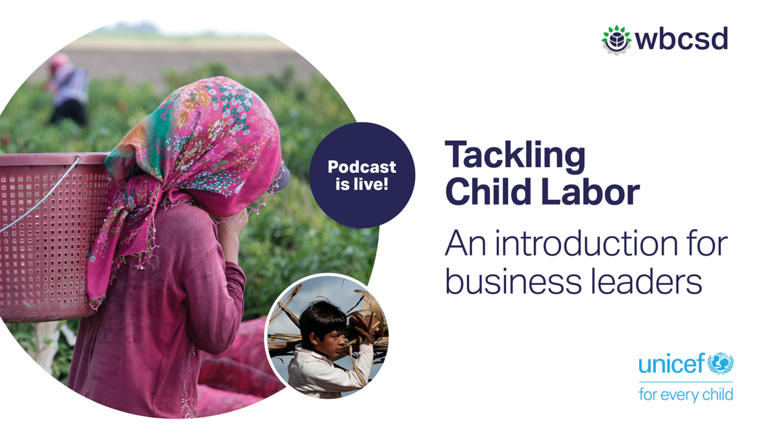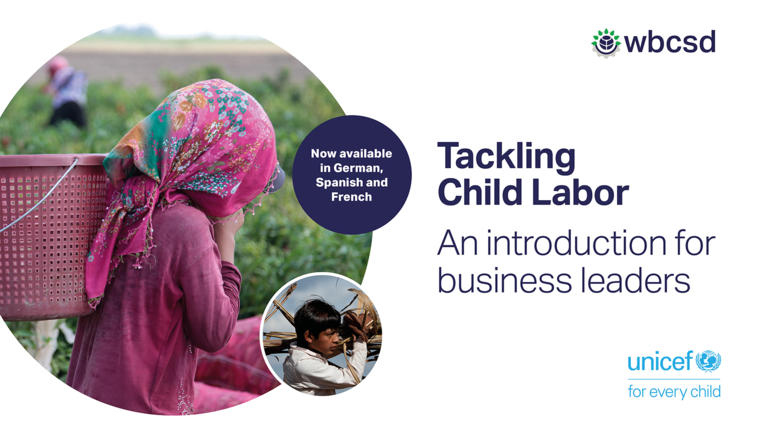Geneva, 12 April 2018: The business and human rights landscape has evolved rapidly since the launch of the United Nations Guiding Principles on Business and Human Rights (UNGPs) in 2011 and continues to do so. Among other things, this landscape is now characterized by both mounting pressure on the private sector to embrace transparency around its human rights challenges and increasingly dedicated efforts on the part of business to respect human rights and to engage in full and frank disclosure.
A key driver of these trends is the transition from the soft law of the United Nations Guiding Principles on Business and Human Rights (UNGPs) into harder national and regional regulatory requirements. A clear case in point is the UK’s Modern Slavery Act 2015, which now requires all large companies doing business in the UK to publish annual declarations on how they are working to eradicate slavery from their operations and supply chains. As of April 2018, this has resulted in over 5,000 companies from nearly 30 different sectors issuing official modern slavery statements. Similarly, the EU’s Non-Financial Reporting Directive is now starting to impose human rights disclosure requirements, on some 6,000 companies. France’s “duty of vigilance” law, passed in 2017, goes a step further in that it mandates that large French companies develop, enact and publicly disclose due diligence measures to identify and prevent environmental and human rights violations within their own operations and among their suppliers.
This trend shows no signs of abating, with the Australian government seeming likely to establish its own modern slavery reporting requirements following an extensive consultation conducted throughout 2017. Dutch legislation compelling companies to review their operations and supply chains for the presence of child labor is also at an advanced stage. Meanwhile, an international legally binding treaty on business and human rights continues to gather momentum as discussions at the United Nations move into a fourth year.
In addition to mounting regulatory pressure, companies are also facing the prospect of increased demand for human rights-related disclosures among the investment community. Recent years have seen strong support emerging from a broad coalition of over 80 investors, representing more than US$ 5 trillion in assets under management, for the UNGP Reporting Framework and its efforts to enhance human rights disclosure. This coalition also strongly supports the Corporate Human Rights Benchmark, which in March of 2017 released its first ranking of 98 of the world’s largest publicly traded companies in terms of their human rights performance.
The cumulative effect of this evolving regulatory environment, coupled with the enhanced scrutiny and evaluation of business performance, is continuing to make human rights a field in which companies have growing motivation and interest to take meaningful action.
Click on this link to access the WBCSD analysis of the business and human rights landscape
Business is rising to the challenge, but there is significant scope for progress
Business is stepping up its response. WBCSD’s Reporting Matters analysis indicates that, in 2017, 91% of WBCSD member companies clearly stated their commitment to respect human rights. It also shows that 75% of member company reports disclose details around mechanisms in place to identify and assess adverse human rights risks and impacts across the value chain - an increase of almost 20% on 2016.
Despite these encouraging signs, significant scope for progress remains; only 38% of reports outline clear processes to integrate and act upon the findings of human rights assessments, while just 13% commit to tracking the effectiveness of their responses. Similarly, the percentage of reports divulging specific details of adverse human rights impacts identified or grievances raised also remains low.
Connecting companies with the dynamic human rights landscape
Despite these gaps a strong sense remains that the work of embedding the UNGPs into practice is maturing fast, with a number of WBCSD members displaying marked leadership in this field.
The challenge ahead is to turn increasing levels of awareness and intention into concrete action.
The Business and Human Rights Gateway, WBCSD’s new online platform for members, aims to help by connecting companies with developments across the fast-moving business and human rights landscape. The site seeks to support companies through a variety of content including:
- Links to emerging news and insight pieces on key human rights issues;
- Easy access to recordings of the WBCSD human rights webinar series, and copies of all our bimonthly briefing notes on business and human rights (please note: access to this specific section is for WBCSD members only – please contact us for more details);
- And a library of over 100 freely available tools and resources which can be filtered and explored to support members in tackling specific human rights challenges.
Human rights as a significant contribution to achieving the Sustainable Development Goals
It is our strong conviction that respect for human rights is a key vehicle through which business can help achieve the broader vision of peaceful and inclusive societies embraced by the Sustainable Development Goals (SDGs). Moreover, the Goals will not be achieved without the foundation of robust human rights due-diligence.
Through its Human Rights project, WBCSD is working to inspire and support business action to address human rights issues with a view to mainstreaming corporate respect for human rights throughout the value chain and scaling up the business contribution to achieving the SDGs.
More information
- WBCSD issue brief Business & Human Rights: From Principles to Action
- Contact point: Kitrhona Cerri, Director, Social Impact, cerri@wbcsd.org








